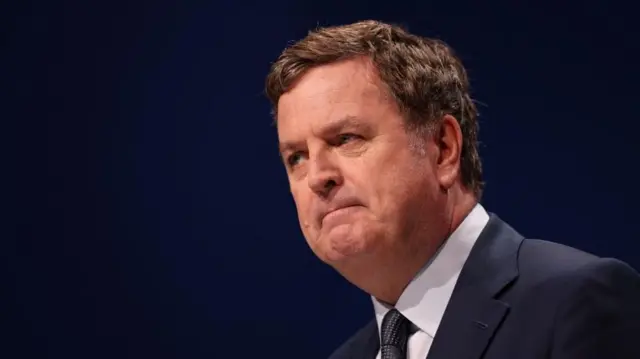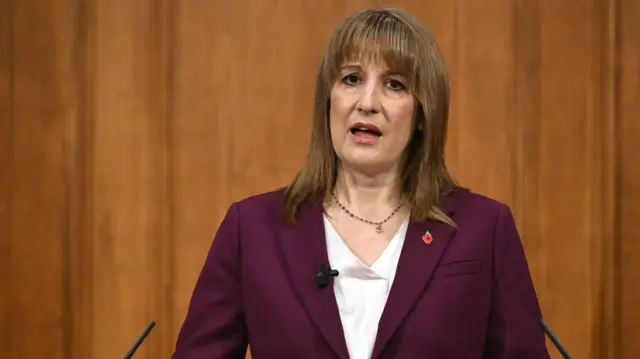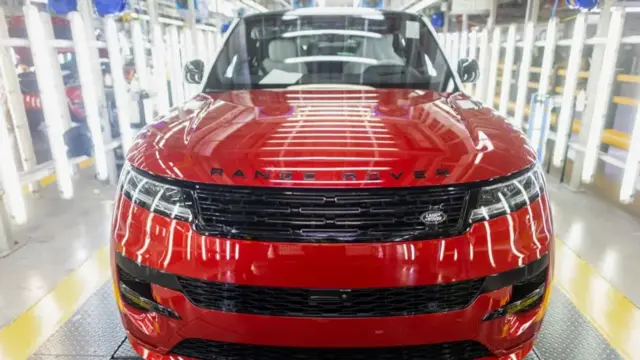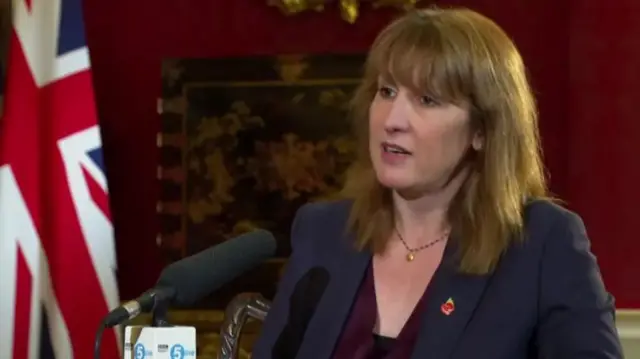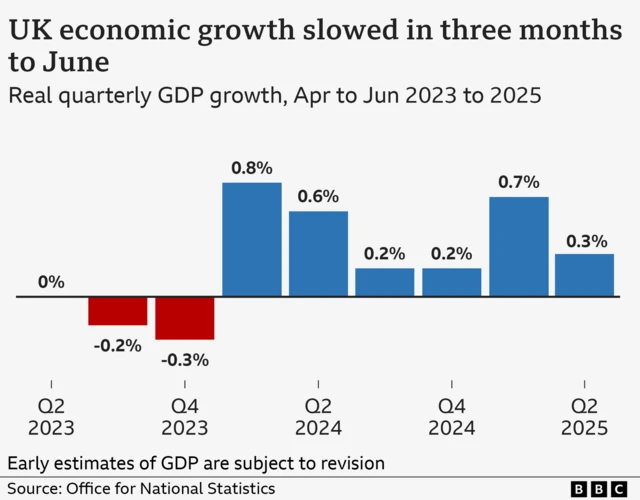Chancellor says 'more to do' after slower than expected growth - what you need to knowpublished at 08:16 GMT
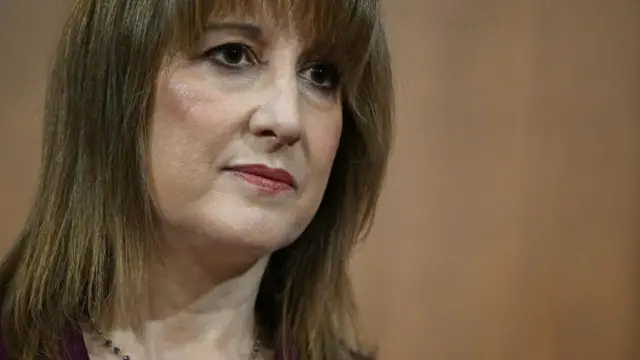 Image source, PA Media
Image source, PA MediaIn short: Chancellor Rachel Reeves has said there is "more to do to build an economy that works for working people" after GDP increased by a slower-than-expected 0.1% in the three months to September, according to newly released official figures.
Closer look: Growth was hit by the summer's Jaguar Land Rover cyber attack, which saw the economy shrink by 0.1% in the month of September after a decrease in car production.
Analysis: These numbers, the last to be released before the Budget in two weeks, only add to the pressure on the chancellor, our chief political correspondent Henry Zeffman writes.
Key reaction: Responding to the figures, Reeves said she will take "fair decisions to build a strong economy" at the Budget. But shadow chancellor Mel Stride said the figures show the government is "in office but not in power".
More analysis: This is not what Reeves wants before a career-defining Budget, writes our deputy economics editor Dharshini David, who says the chancellor's challenge now will be to boost confidence and activity at the Budget - even while potentially announcing tax rises.



